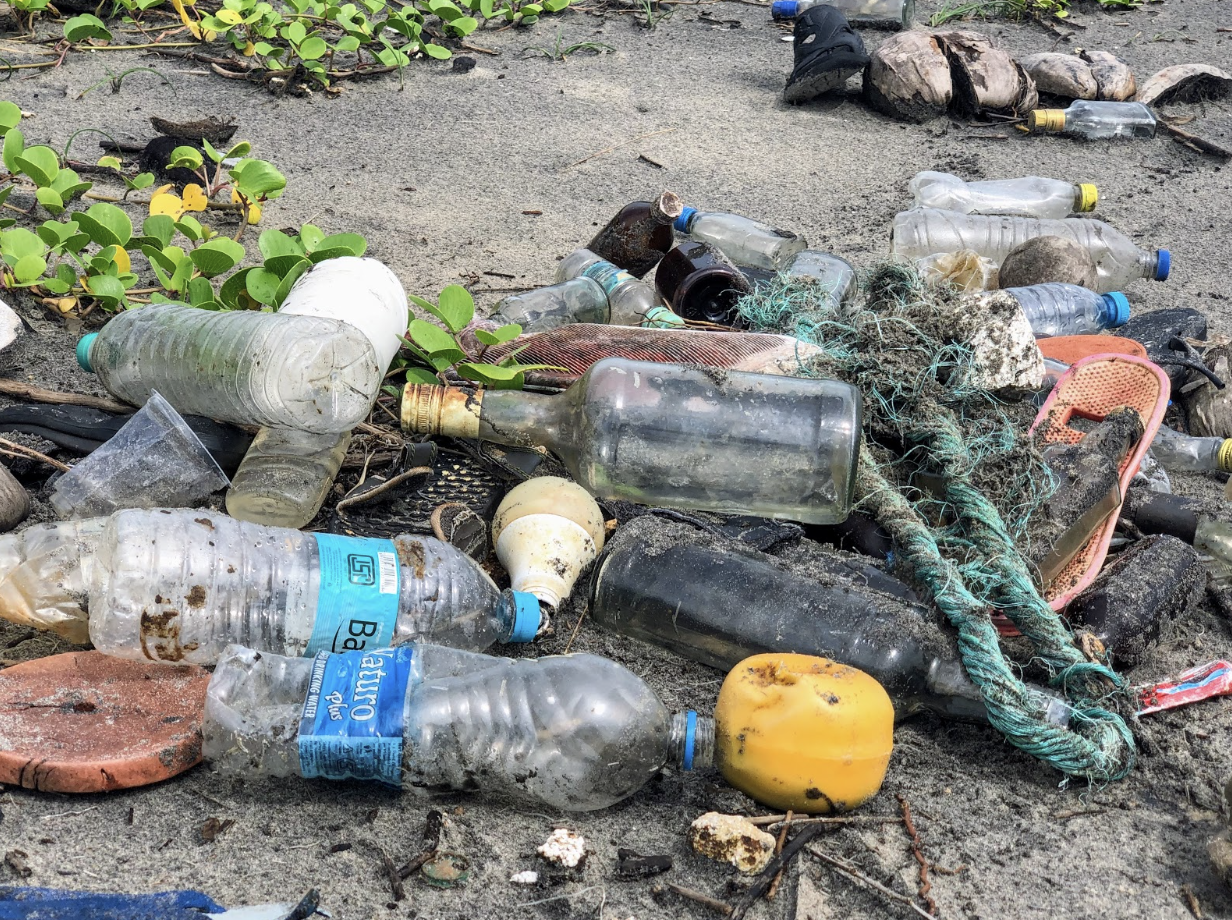Plastic Pollution: Where do we Stand?
It’s 2019 and at this point, we all know that much of the human impact on our fragile planet comes from pollution. Our landfills are overflowing, and we haven’t successfully dealt with carbon emissions, toxic runoff from farm and lawn fertilizers, pesticides, manufacturing byproducts, mining waste, or the pollutants created by energy generation and transportation.
We’re introducing unwanted material to the biosphere at an ever-growing rate and we haven’t yet found the brake pedal, much less put it to use. One of the most depressing topics under this subheading can be summed up in a word: plastic.
The issue of environmental plastic is depressing, and in many ways paralyzing, for a simple reason. Each of us personally contributes to the problem every single day, and none of us know how to stop.
One Problem at a Time
Here at Just Atonement, we recognize that the problems are of the world are vast. So vast that in some cases, the metrics and charts that detail a given crisis contain numbers incomprehensible to the human mind. How many is a billion? How about 200 billion? How many children go hungry each night in conflict zones? How many people die of cholera each year due to a lack of clean water? How many grains of wheat are required to sustain a population of millions? How many years, months and days must pass before a nation is held accountable for a war crime? These numbers are available, but for most of us, they still somehow lie just out of reach. We can see the charts with our eyes, but we still can’t fully comprehend what they mean.
So it goes with plastic and the planet. A single coffee lid or plastic straw will lie on the sand for thousands of years. It will never disappear, generation after generation, lifetime after lifetime. One busy moment at a coffee shop, a single forgotten morning on the way to work, will leave this legacy for millennia. The giant garbage gyres made of such straws and lids are so vast that a two-day drive across a state like Texas still can’t cover their width. Our minds can’t typically process this, and since we need to get to work, the straw goes into the trash, the moment is forgotten and the day goes on. Since we don’t know how to prevent, slow, or comprehend the numerical extremes that lie within this series of events, we don’t want to try.
That’s normal.
But if we don’t, nobody else will.
So What, Then?
There is a way around this obstacle. The path is rocky and steep and the outcome is—so far—not guaranteed, but the road has two lanes: personal changes and policy changes. We can work hard to apply cultural pressures that convince our fellow consumers and ourselves to reject single-use plastic even when it’s available and convenient. And we can advocate and vote for policies that will remove plastic options from our lives, making them less available and thereby making individual smart choices easier.
But to get to either one, we need something that many of us struggle with: courage. That’s where organizations like Just Atonement can help. To move forward with either path, we need to overcome the paralysis and hopelessness that make us scroll past articles like this one and this one. We need to trust ourselves, have faith, believe that our actions will create real change and then….take those actions.
Contemplating a sea turtle choking on our coffee shop straw is NOT pleasant. But contemplate it we must, before we use the straw and—most important-- before we refuse to think about it. Easy? No. But possible? We work every day to keep our eyes fixed on a distant future where sustainability is real, peace is attainable, and humans can live without fear, injustice, or a lack of access to resources, and we believe it IS possible.
If you’re looking for ways to gather your courage and help us find a path to that future, please contact our team today!

